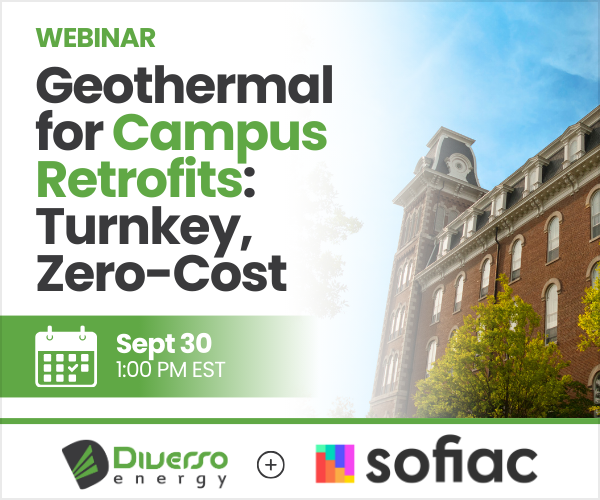The University of Calgary is continuing its commitment to leadership and excellence in sustainability by playing a key role in the 2025 G7 Summit's sustainability efforts.
The Global Affairs Canada Summits Management Office, which is responsible for coordinating and organizing summits, particularly those involving G7 and other high-level international meetings, has sought green certification through UCalgary's Sustainable Events Badge and is developing a carbon offset procurement strategy in collaboration with university researchers.
The Sustainable Events Badge provides a simple tool to help UCalgary students, faculty and staff take action to make our events more inclusive, environmentally conscious and socially responsible. Gold is the highest level of certification under the program.
G7 Summit awarded gold badge for sustainable practices
The G7 Summits Management Office sought certification through this program to minimize the environmental footprint of the Summit. The Summit submitted their sustainability practices in categories such as venue, communications and marketing, food and drink, waste reduction and diversion, staff and partner relations and more.
The UCalgary team that works on Sustainable Events then scored these practices and was able to award the Summit a Gold badge, demonstrating that the Summit planning and delivery met 88 per cent of possible greening points.
Making Canada's presidency of the G7 net-zero
The Summits Management Office has also turned to Dr. Ian Gates, a professor in the Schulich School of Engineering and Associate Vice President (Innovation), and Dr. Getachew Assefa, a professor of Sustainable Design at the School of Architecture, Planning and Landscape, to develop a strategy to offset all carbon emissions associated with Canadian's presidency of the G7 in 2025.
"There are a lot of emissions generated in events like these," says Gates. "The G7 has asked us to give them a plan to [strive to] make this a net-zero event."
The UCalgary team is looking into credible local or regional opportunities that will help the aspiration for the G7 presidency to be operationally carbon neutral.
There are multiple routes that could be taken to achieve carbon neutrality, including planting trees or buying offsets from companies that sequester carbon dioxide or have reduced methane emissions, among others.
"We are going to do this in the context of being Canadian, and western Canadian in particular," explains Gates. "The investment [opportunities] of offsets will likely be largely made in Alberta."
UCalgary startups assess environment and social impacts of activity
This initiative aligns well with existing initiatives being led by UCalgary. Gates and Assefa, alongside their postdoctoral scholar, Dr. Marwa Hannouf, have been working for several years to develop novel methods for assessing the environmental and social impacts of processes, products and events.
They have co-founded a UCalgary start-up company, TOSSA Sustainability Services Inc., which has automated the assessment process. Gates says UCalgary leads in emissions-based research for energy systems, buildings, and activities, including large-scale events similar to the G7 Leaders' Summit.
UCalgary scholars are focused on creating pathways to low-carbon energy systems.
"This is a recognition of what we've been doing in the space of sustainability and looking at emissions intensities and social impacts," says Gates. "It's a natural thing for us to do given UCalgary's leadership in this area."













